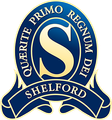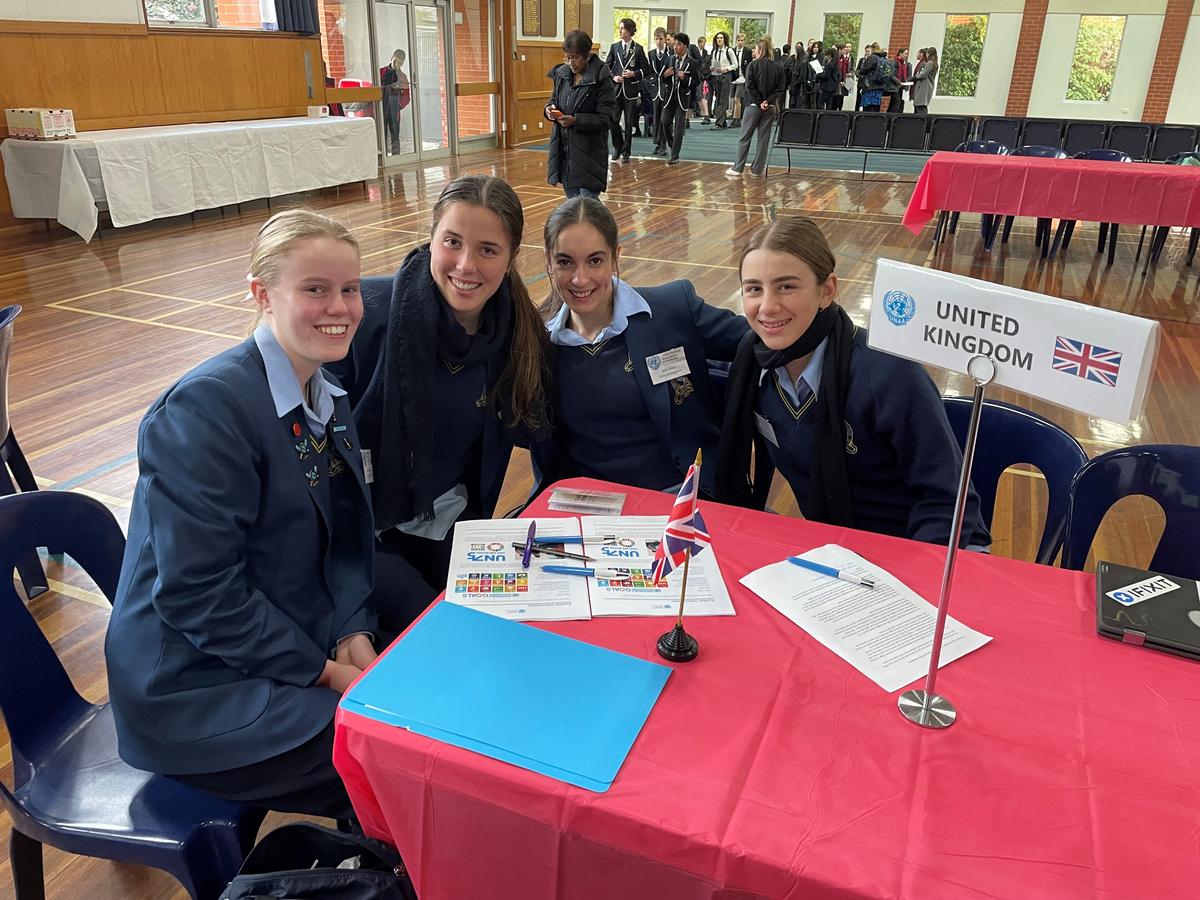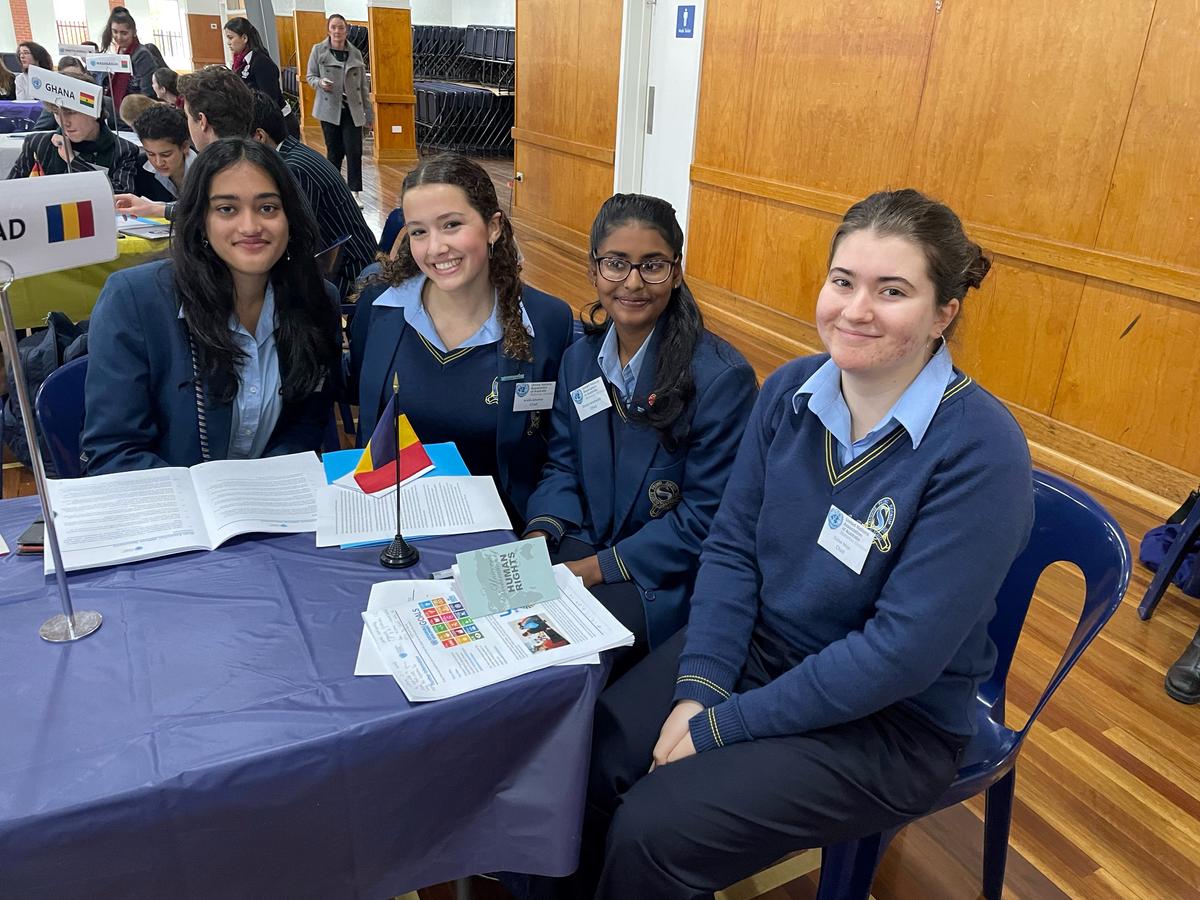Humanities Faculty Update

Unit 1 Modern History: Excursion to the Melbourne Holocaust Museum
Recently the Unit 1 History class accompanied by Ms Martin and Ms Brennan visited the Melbourne Holocaust Museum in Caulfield; walking to the museum which, after recent renovations, has reopened at the Selwyn Street site. We were honoured to be met at the museum by Holocaust survivor Abram Goldberg OAM. Mr Goldberg has dedicated his life to educating students and adults about what happened during the Holocaust, and the lessons that must be learned from it if we are to avoid its repetition.
At the museum, students took part in the ‘In touch with memory’ program. The program teaches students about the Holocaust using carefully chosen historical artefacts that represent different stages of the Holocaust. Breaking down the events of World War II in Germany helped the class to comprehend how such horrors were able to occur slowly and methodically overtime. The museum staff also conveyed the vital importance of humanising the statistics of the Holocaust, and valuing the stories of individuals in order to prevent de-humanisation and ignorance.
On return to class, students then chose their own artefacts to represent the Holocaust. Below is an extract from Sasha K’s final report:
The Holocaust ‘stands as an indelible stain on humanity’s collective conscience and serves as a reminder of the unthinkable cruelty that humans are capable of. Nevertheless, the Executive Council of Australian Jewry reports a 42% increase in Anti-Semitism over the past two years. Neo-Nazis have been protesting on the steps of Victorian Parliament (18 March and 13 May 2023) and in Melbourne, Orthodox Jewish men have been verbally abused and physically assaulted, with their religious skullcaps forcibly removed (Feb 2022). And yet at this time when it is most needed, awareness about the Holocaust is decreasing. Education about this dark chapter in history is vital to preventing its repetition. In the words of Holocaust survivor and nobel peace prize laureate, Elie Wiesel, “To forget would not only be dangerous but offensive; to forget the dead would be akin to killing them a second time.’
Model UN McKinnon Secondary College
On Friday 19 May, eight Shelford students took part in the Model United Nations hosted by McKinnon Secondary College on the topic of Zero Hunger. As delegates to the General Assembly, the students' job before the conference was to research the country they had been allocated and its position on Zero Hunger. Shelford took on the role of the United Kingdom (represented by Jemima P, Savina K, Sofia W and Sienna S.) and the nation state of Chad (represented by Roshni W, Esther M, Ariella S. and Shreya J.) On the day, each team presented a 2.5-minute Position Statement for their country, informed by their research before the conference. Students also reviewed the draft resolution on Zero Hunger. During the morning Caucus session and in the afternoon Amendment session, students had the opportunity to ask other countries questions and debate the clauses of the Draft Resolution.
Julia Martin
Head of Humanities Years 7-12


